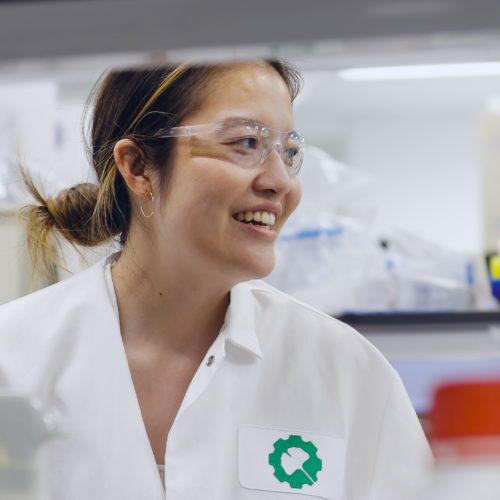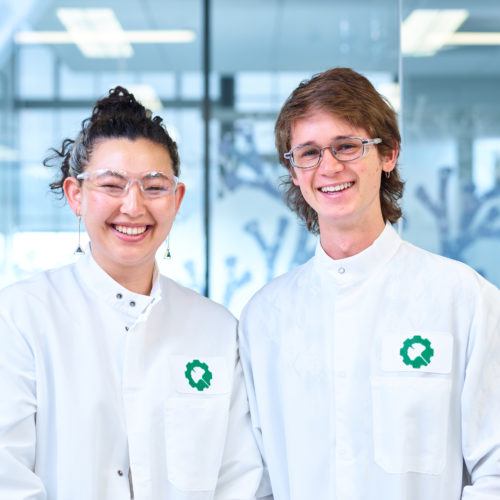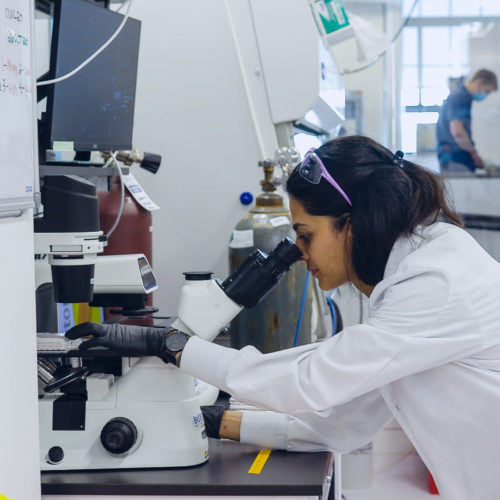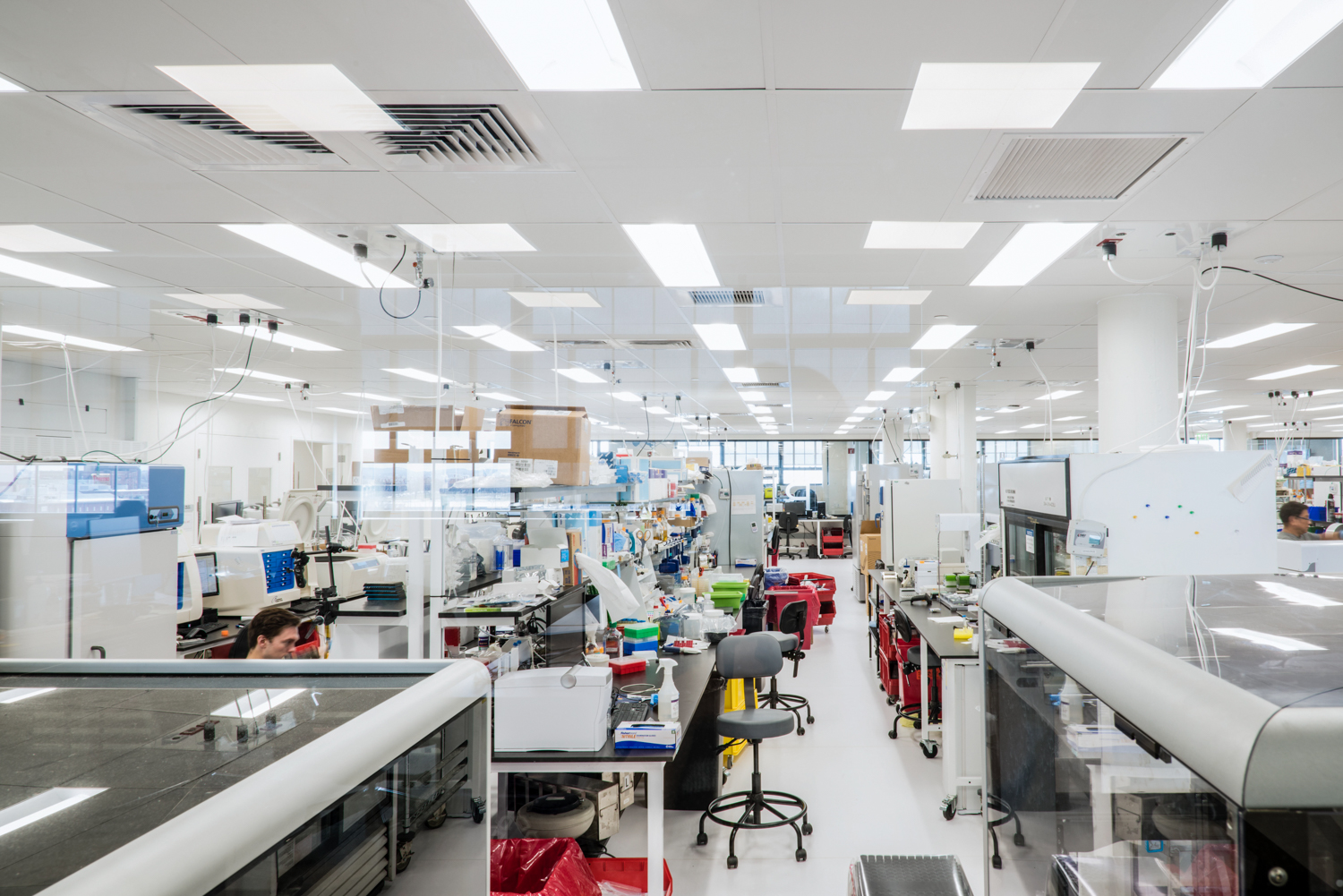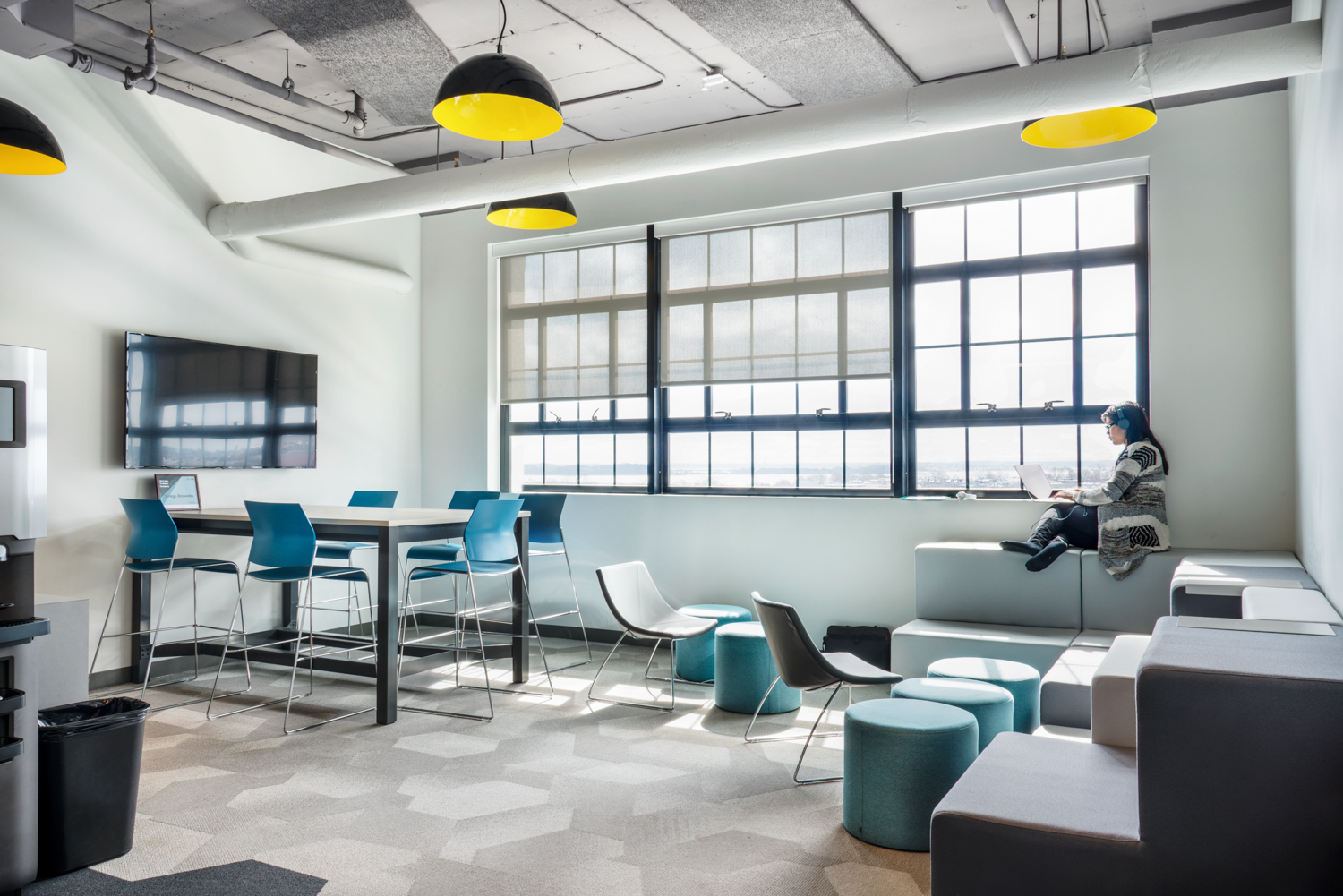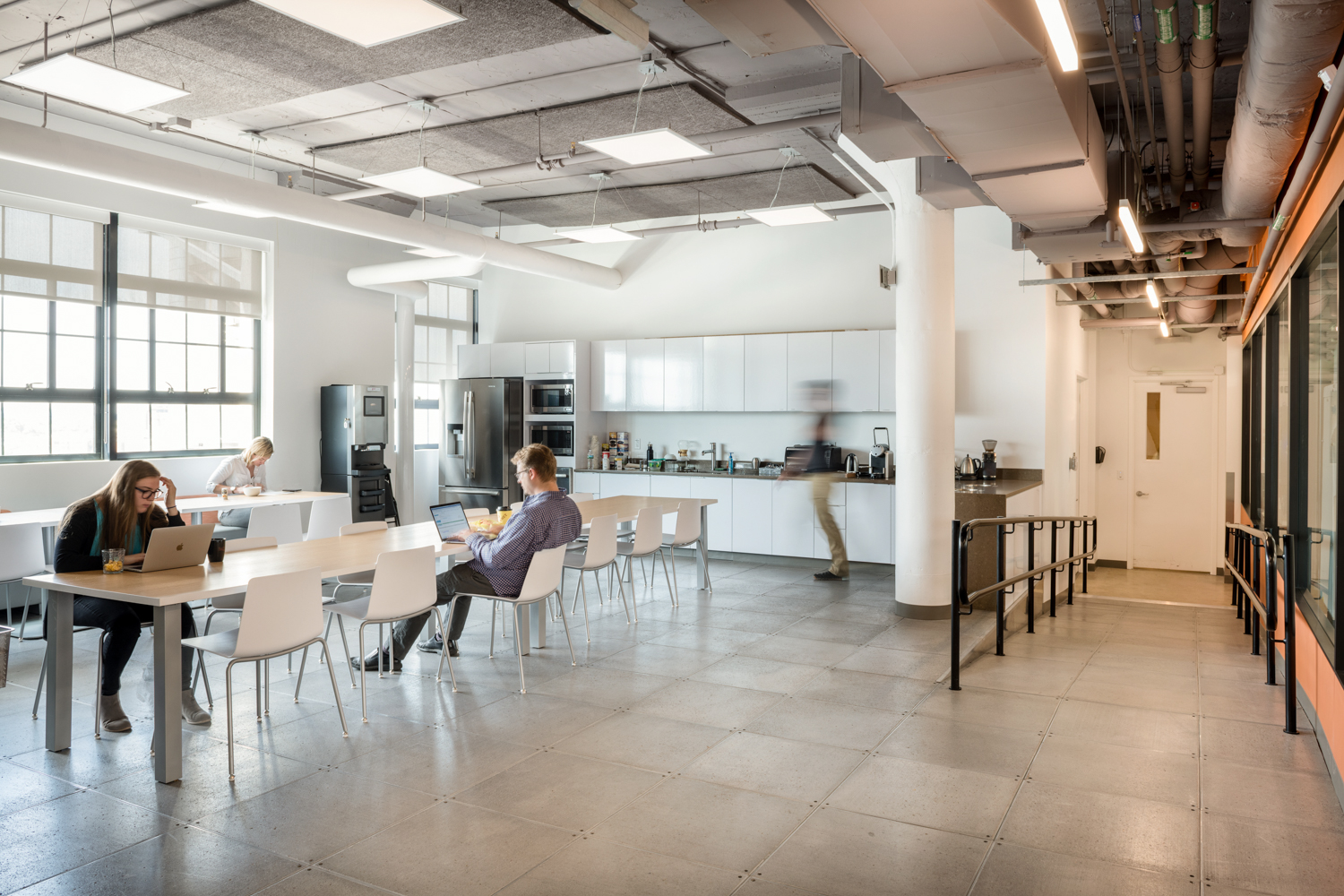Mission statement
Ginkgo Bioworks was founded in 2008 with the mission to make biology easier to engineer.
Engineering biology isn’t easy. It is frustratingly, painfully difficult. It’s programming without a debugger, manufacturing without CAD, and construction without cranes. At Ginkgo we are building a team that can build debuggers, write CAD, and operate cranes. We are looking for the best engineers, scientists, and hackers.
If you have a disability and you wish to discuss potential accommodations related to applying for employment, please contact [email protected].
What if you could
grow anything?
Casual culture, serious work Brilliant, passionate people Cutting-edge technology Collaborative, energetic environment Creative approaches Growth and development
Our Culture at Ginkgo Bioworks
Fostering a diverse & inclusive environment
Fostering a diverse & inclusive environment
The Ginkgo platform has great potential to have an outsized impact on the world, and we need the people building the technology to be representative of the diverse people our technology will impact.
Encouraging creativity & innovation
Encouraging creativity & innovation
Biology is hard to engineer. Guided by the example of our founders, Ginkgo team members are encouraged to be lifelong learners, continuing to take risks and propose ambitious solutions to the world’s problems. What if we could grow everything?
Keeping Ginkgo weird
Keeping Ginkgo weird
Biology is weird and whimsical, and we celebrate that. We encourage a company culture infused with the wonder that science inspires.
Promoting individual growth & career development
Promoting individual growth & career development
At Ginkgo, we strategically hire people with high ceilings. We believe you can grow as fast as the company grows. There are many ways team members learn and develop at Ginkgo, including through cross-functional team initiatives and by engaging with the suite of training sessions we offer.
Celebrating passion & drive
Celebrating passion & drive
We want to enable the world to build things with biology. We’re on a mission to create a platform for genetic engineering to be utilized by our customers.
Caring how our platform is used
Caring how our platform is used
Our culture is built on care, transparency, diversity, and a deep, humble respect for biology. We care how our platform is used, strategically considering which programs we pursue and which we do not, and exploring the implications of biotechnologies through many forums.
We also know that designing nature and technology requires us to ask complex questions, and investigate how these tools could impact people, places, and systems. We care how we are growing the collective future of biology.
Diversity, Equity, and Inclusion
We seek to ensure DEI is in our DNA.
We care about how our platform is used and recognize that it reflects the values of the people who build it.
Early Talent
Become a Bioworker.
As an intern, you will get to work with some of the best minds in the world. And they’ll also get to learn from you.
Job Openings
Keep biology
weird
Join our team of scientists, biologists, engineers, coders, designers, and more. Apply today!
Benefits
Our Offices
Our Teams
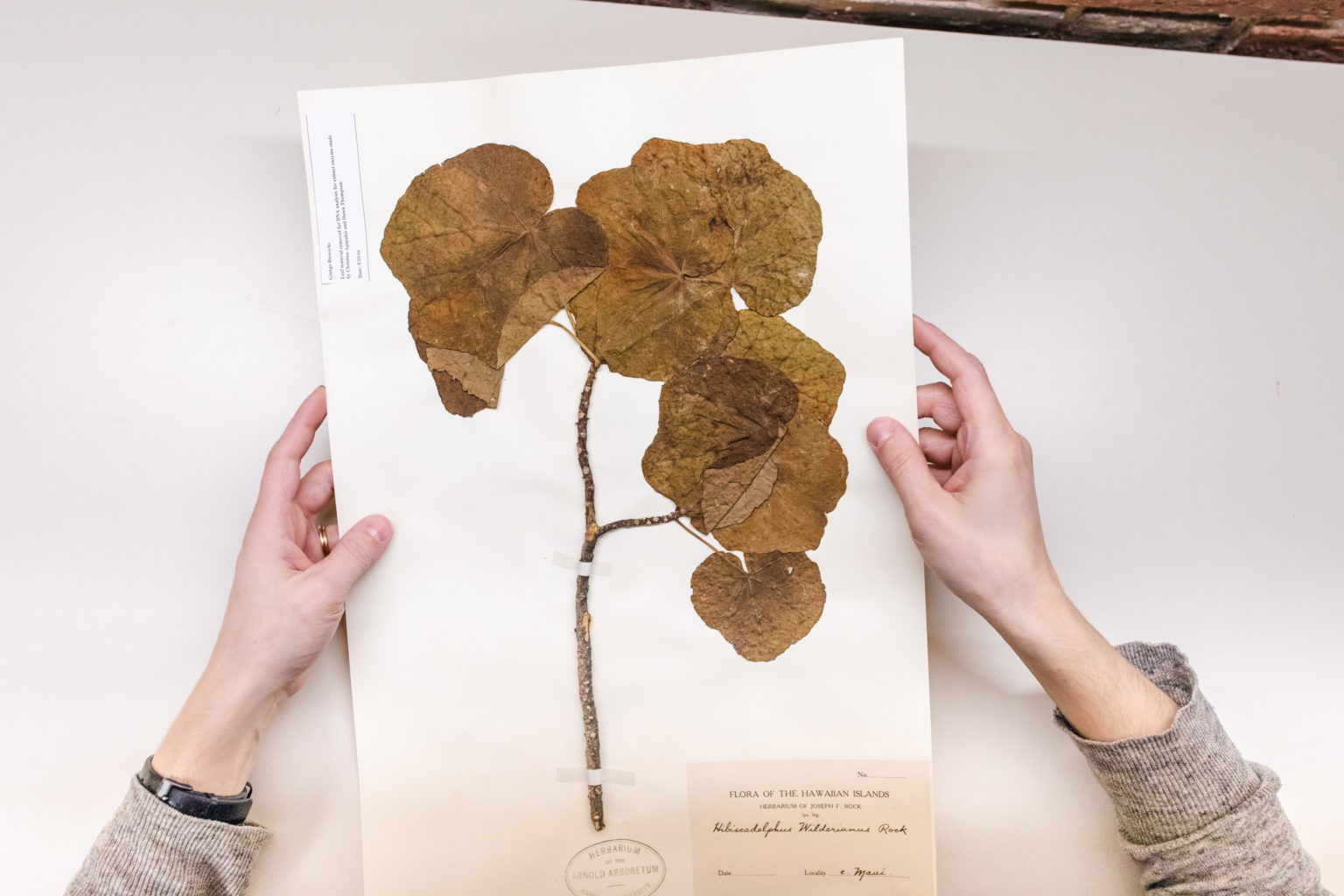
Commercial
Creative & Marketing
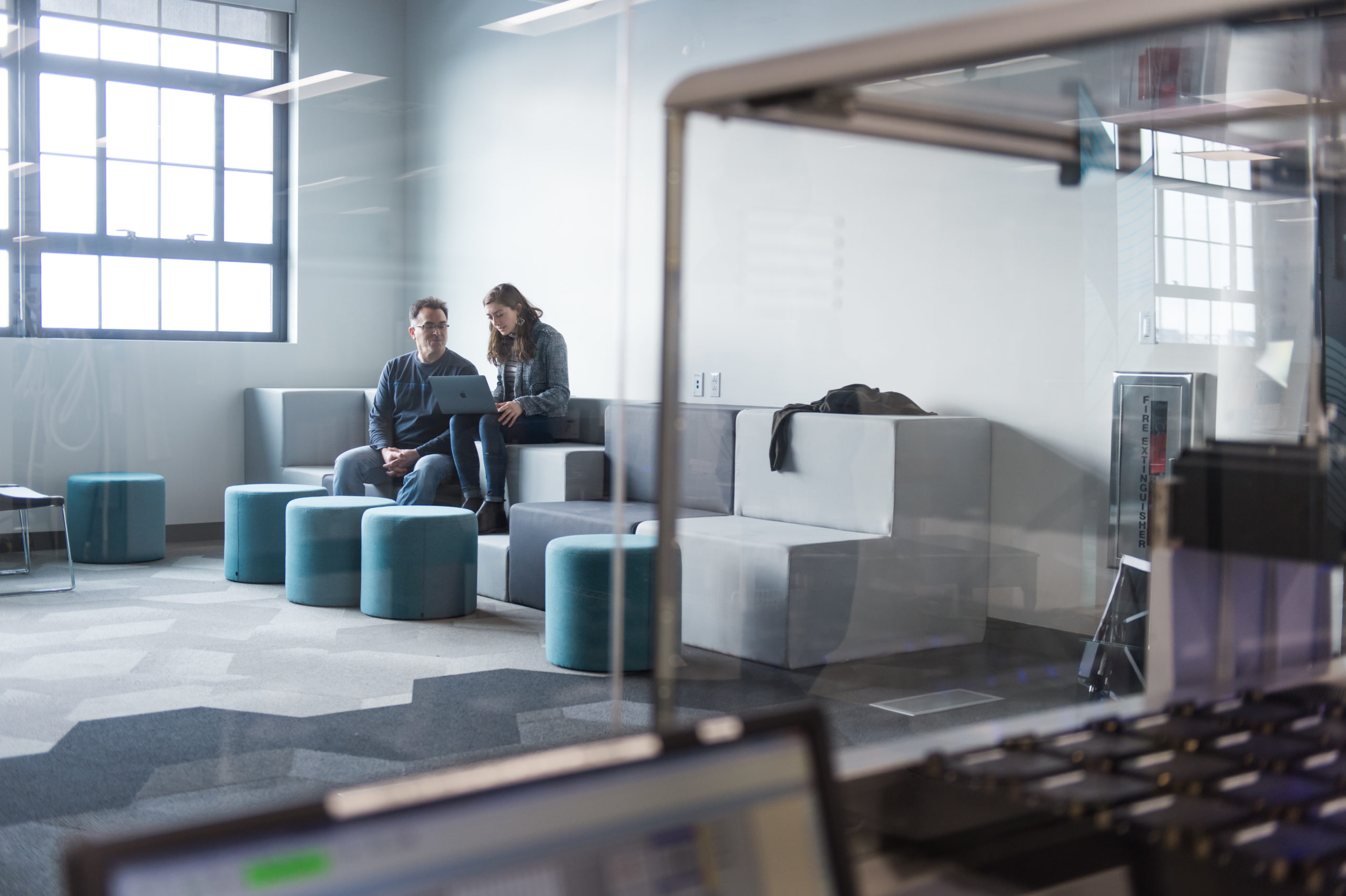
Commercial
Business Development & Commercial Ops

Digital Tech
Software, IT & DevOps
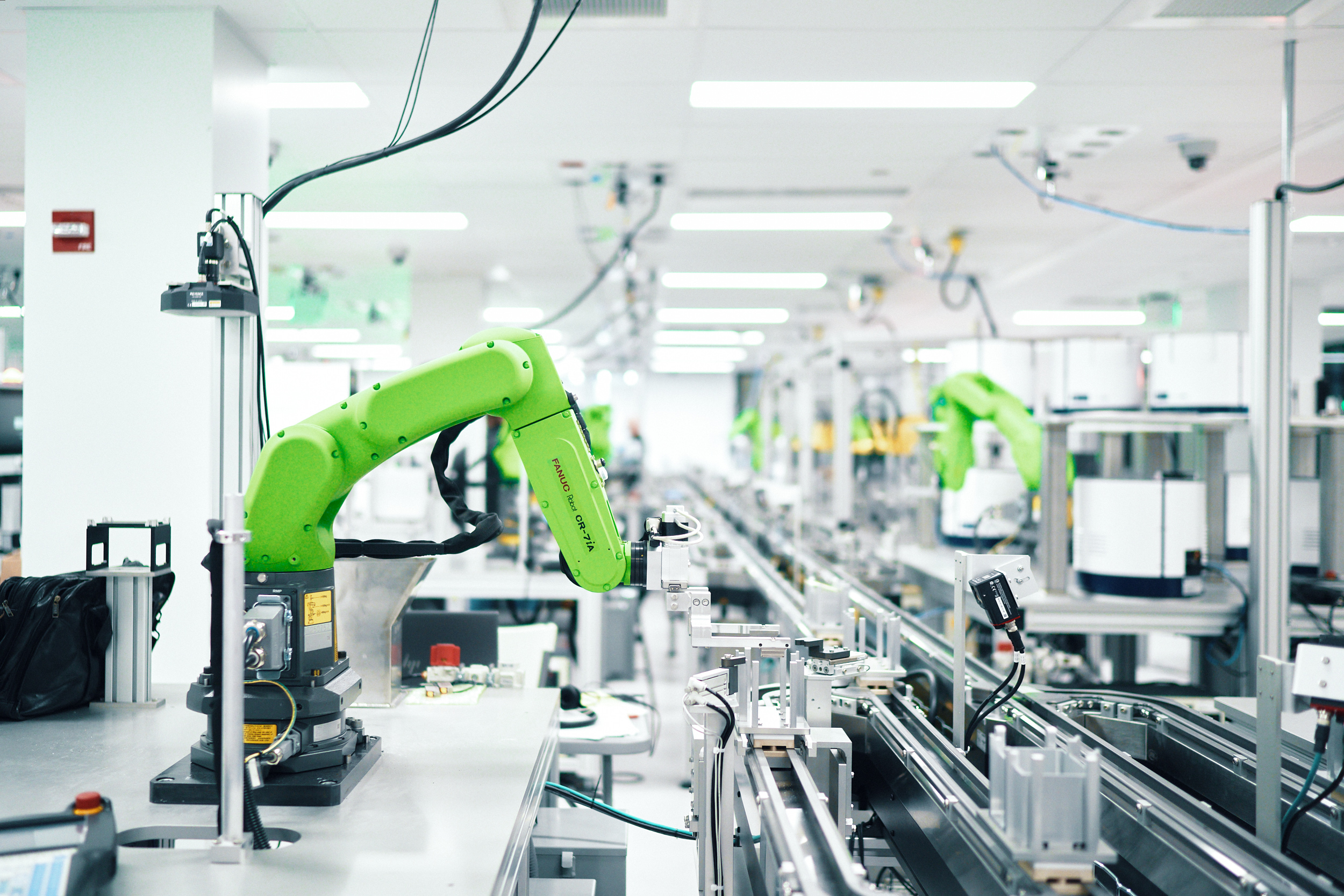
Foundry
Automation
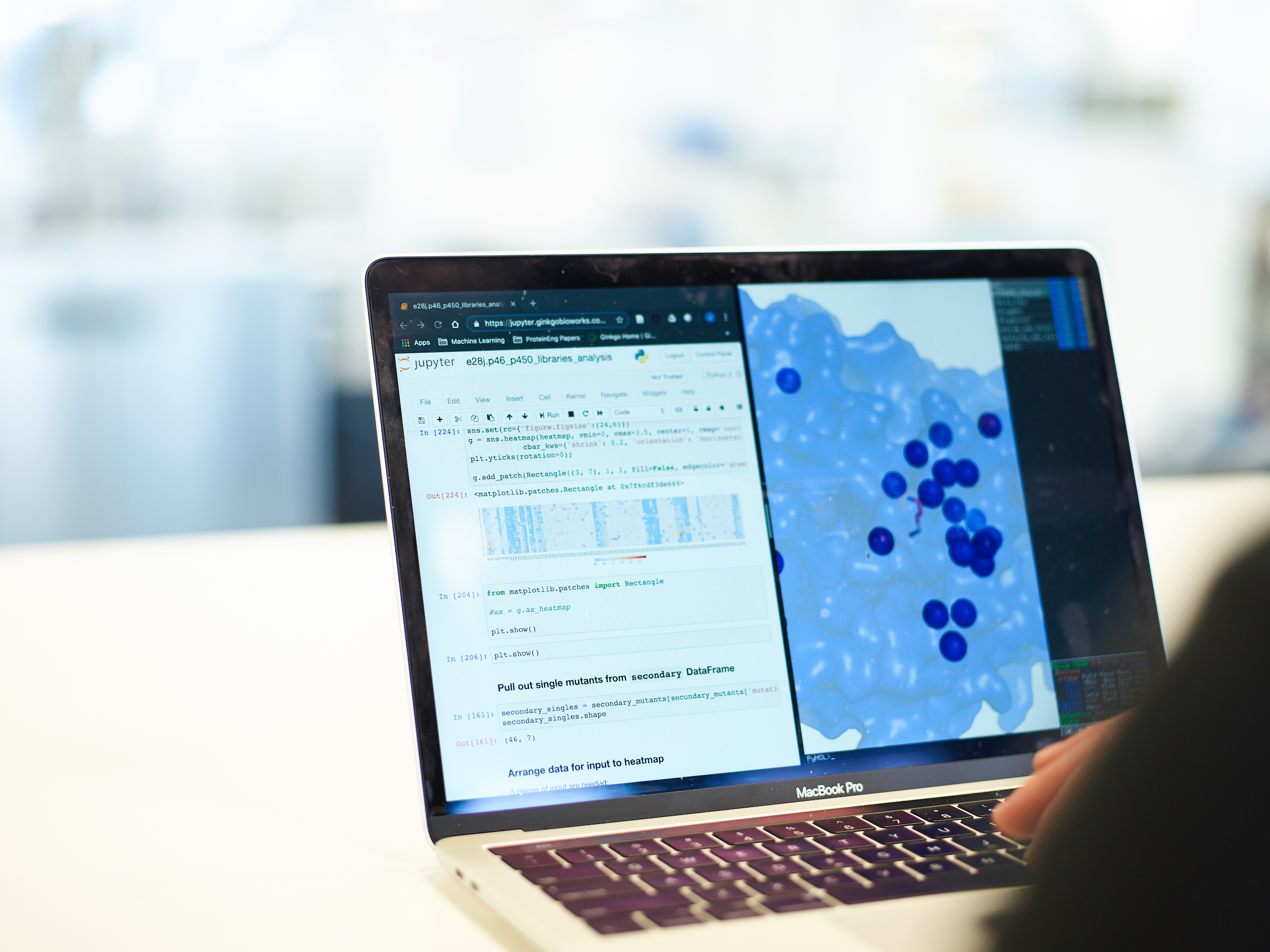
Foundry
Design & Protein Sciences

Foundry
Build & DNA Synthesis

Foundry
Test (Omics, HTS & Assay Dev, SSI, NGS)
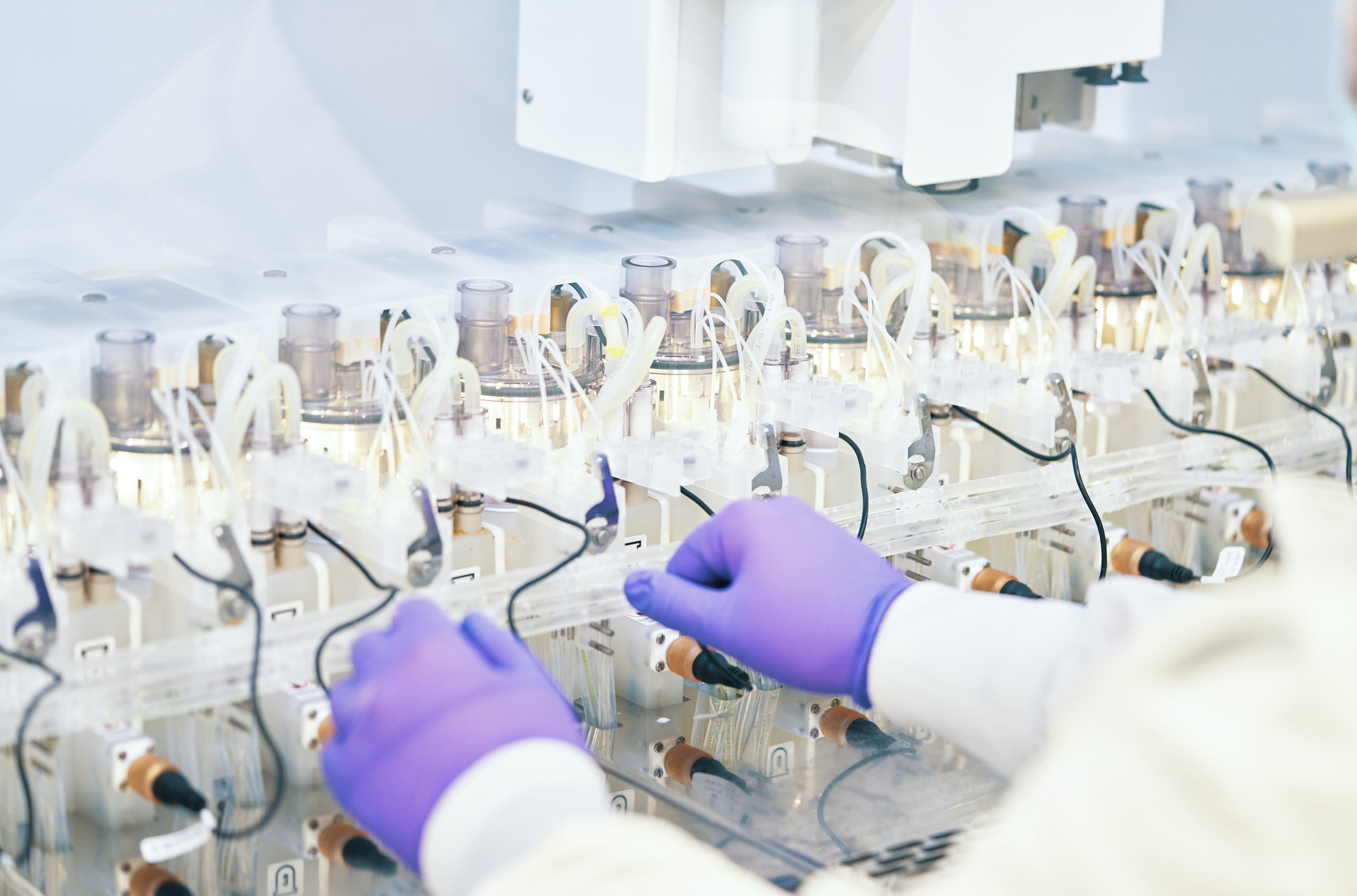
Foundry
Fermentation
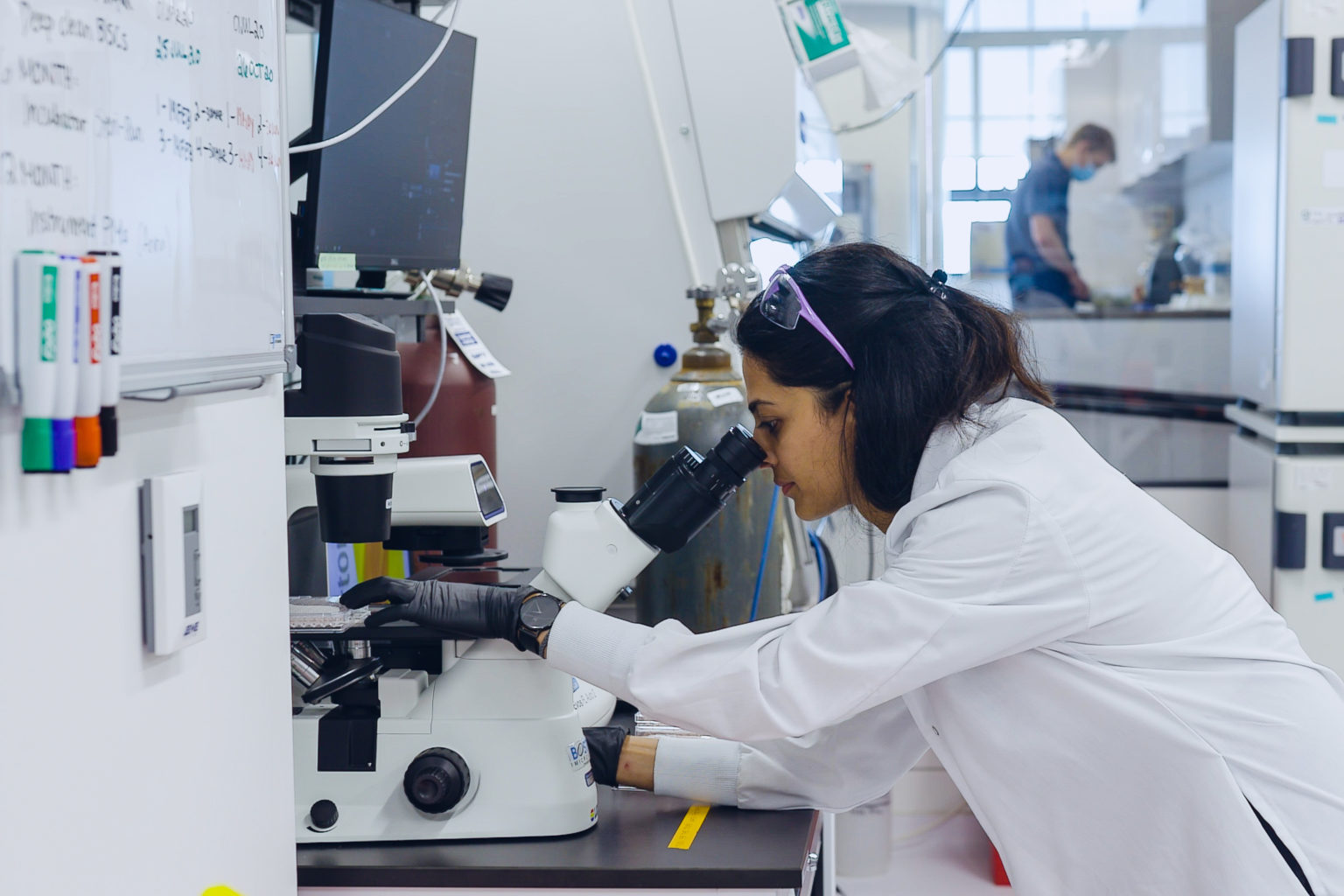
Foundry
Mammalian Cell Engineering

General
Legal, Finance & People Team
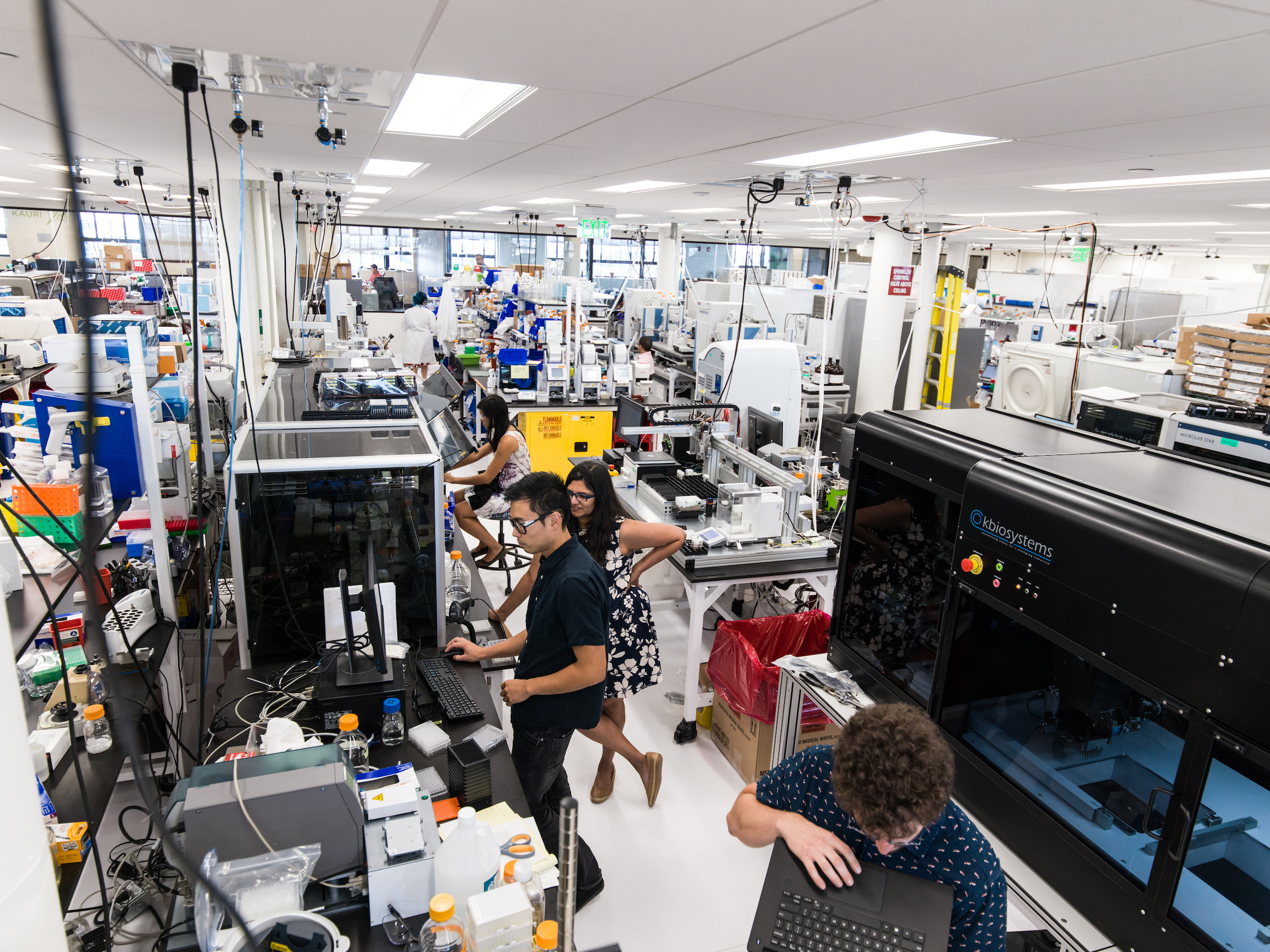
Infrastructure
Infrastructure Operations

Product
Data
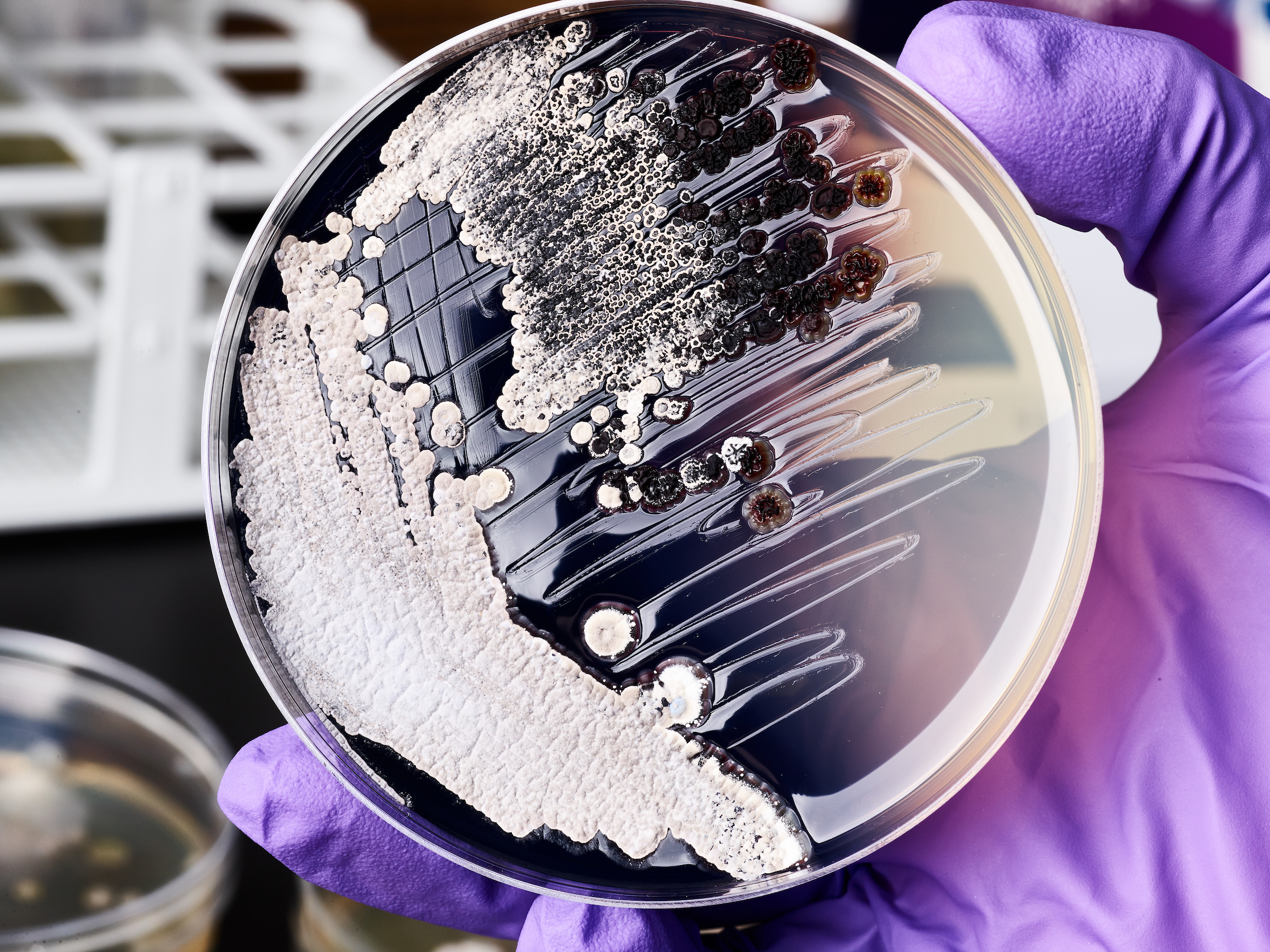
Product
Organism Engineering
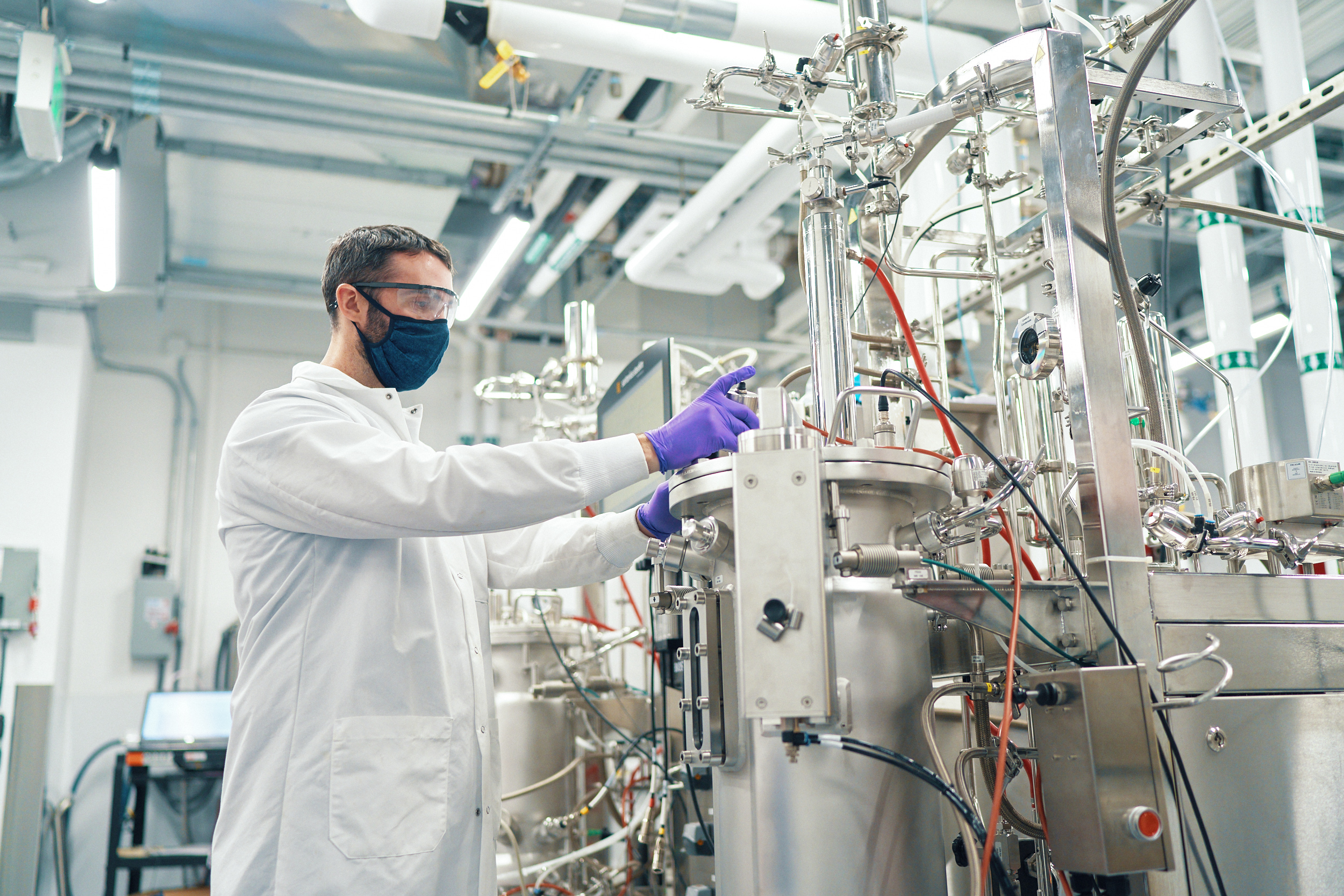
Product
Deployment
